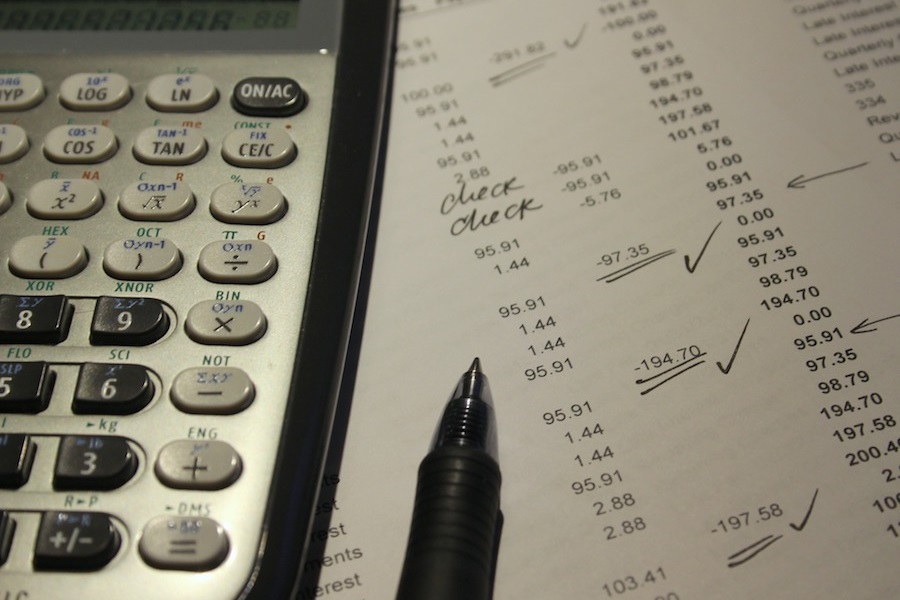Maintaining a good set of business records can be very trying busy work and is often neglected for any number of reasons. Yet, in order to be successful and ensure that your business is prepared in the event of an IRS tax audit, It is extremely crucial that you have your important documents available for review. The IRS advises businesses to keep records for up to seven years and in some situations, they may ask for information that spans longer than seven years.
So what to keep? The short answer: if you think you need to keep it, keep it. Records of importance include:
- Gross receipts
- Purchases
- Company related expenses
- Employee records (ie: 1099, W2, W4, etc.)
- Employee Expenses (Hiring, Training, etc.)
- Inventory of all business assets.
- Business related travel
- Customer Entertainment
Arranging your records according to their category is a good first step in organizing what will probably amount to a small mountain of records and files. Example of categories include:
- Expenses
- Office Equipment (Computers, Copy Machines, FAX, etc.)
- Maintain accurate date records for potential write-offs.
- Office Supplies
- Uniforms
- Company Automobile Repairs
- Company Automobile Maintenance
- External (Plumber, Electrician, Computer install/repair etc.)
- Office Equipment (Computers, Copy Machines, FAX, etc.)
- Losses
- Liability Loss Exposures – Liability loss exposures normally stem from accidents, whether intentional or accidental or civil or criminal.
- Income Loss Exposures.Some protection for these losses: Loss of income insurance, loss of income extra expense insurance, life insurance, business interruption insurance and disability insurance
- People Loss Exposures.Human or personnel loss exposures, or people loss exposures, arise from injuries (or death) to employees, third parties or volunteers.
- Property Loss Exposures – Property loss exposures claims may arise from losses to your building, automobile, inventory, tools and equipment and furniture. Often overlooked in this category is the intellectual property loss.
- Fees
- Bank overdrafts
- ATM and Non ATM
- Registration (Automobile, business license, etc.)
- Liabilities:
- Insurance
- Loans
- Mortgage
- Utilities
- Home and business Improvements
- Donations
- Personal Expenses
- Travel
- Airfare
- Automobile Fuel
- Food
- Lodging
These are just some examples of the types of records that you may need at the end of the year when filing your business and personal taxes.
Comments are closed.



